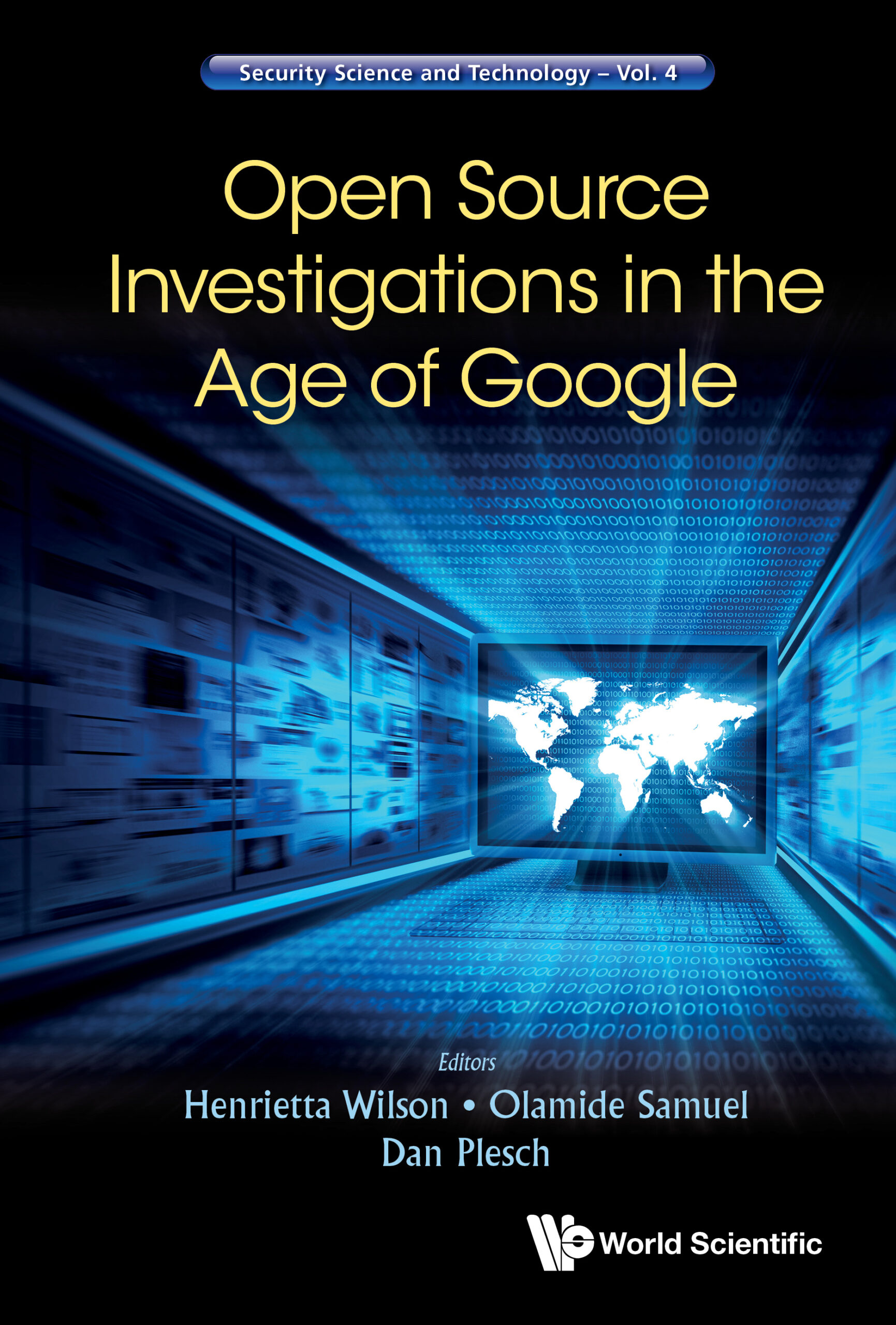Links in the Chain: How the Berkeley Protocol is Strengthening Digital Investigation Standards in International Justice
Download ReportSummary
The international justice community comprises a complex ecosystem of actors with differing interests and end goals — from humanitarian efforts aimed at predicting and preventing mass atrocities, to advocacy efforts designed to pressure governments to respond to violations of international law, to legal efforts targeted at ensuring judicial accountability for the perpetrators of international crimes. Increasingly, however, these end goals can only be achieved if the diverse actors work together. Cooperation and coordination between first responders, civil society groups, intergovernmental organizations and judicial institutions are essential to ensuring that those most responsible for the world’s gravest crimes are identified and held to account. Depending on the degree and quality of cooperation, the diversity of actors involved in international justice and security can be beneficial or detrimental. In this chapter, we discuss these issues, illustrating them with examples from active war zones, and highlight how the further development of international standards for open source investigations is essential to ensure these efforts positively impact human security and justice worldwide. We also introduce the Berkeley Protocol on Digital Open Source Investigations, a recently-launched UN manual providing common standards and ethical principles for conducting digital investigations.


